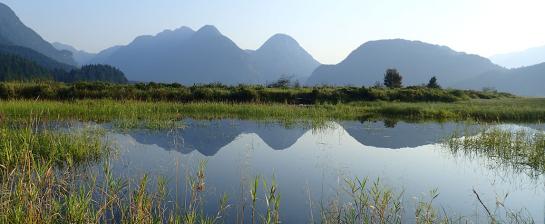Environmental markets are focused on a broad range of challenges—from reducing greenhouse gas emissions to providing incentives for the restoration and protection of forests to improving water quality. The Nicholas Institute is examining the use of market-based approaches in a number of areas.
The Nicholas Institute, in collaboration with other organizations, continues to provide leadership on developing tradable water rights to improve the sustainability of water resource management in the United States.
Coastal habitats are under increasing threat of destruction. Thes habitats store large amounts of carbon in their vegetation and soil; when disturbed, this stored carbon—known as coastal blue carbon—can be released in the form of greenhouse gases. Research by the Nicholas Institute examines the economic and scientific challenges that need to be addressed to determine whether payments for blue carbon may one day help conserve mangroves, seagrass meadows, and salt marshes.
Agricultural production must continue to rise to meet the demands of a growing global population. The Nicholas Institute is exploring how this can be achieved while reducing negative environmental consequences to water quality and climate.
In addition to these topic specific examples, researchers at the Nicholas Institute have examined how to manage risk in environmental markets, reviewed the use of early-action incentives in U.S. environmental markets, and assessed the status and trends of integrating large-scale planning into environmental markets.











